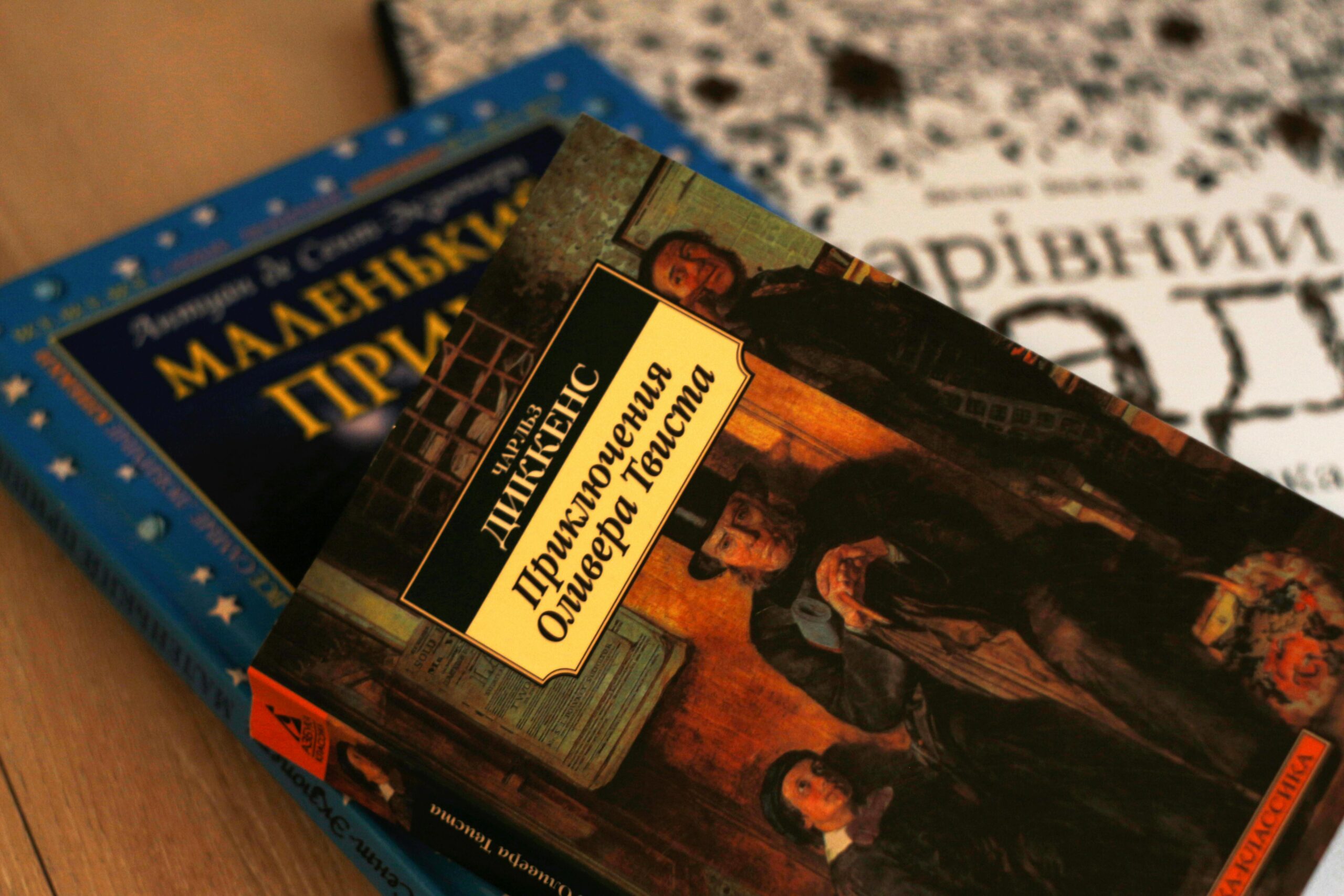🕒 Read time: 5 minutes.
As a bestselling author writing in English, translating your work could seem like the next obvious step. After all your words have transformed lives, why not let them see the globe?
But here’s the truth — Most book translations ultimately fall short and don’t succeed.
They get entombed. Forgotten. Invisible on foreign Amazon stores.
This is not because the content is not up to the mark, but rather because the translation process lacked purpose and was treated like another checkbox without any strategy.
Then what distinguishes the writers who flourish versus the ones that vanish? Here’s what we’ll unpack in this post:
- Why most book translations fail (and how to avoid it)
- The strategy behind a successful international release
- What “translation” should really mean for authors
- And how to give your book a second life — that actually sells
Stick around till the end — we’ve got something to fire up your global author era. 🌎💥
1. They Translate Meaning, Not Just Words.
Literal translation is the quickest way to lose your audience.
Consider this straightforward English sentence:
“He had a chip on his shoulder.”
Translate that word-for-word in the target language, and your readers will be perplexed—or worse, laugh at the way the sentence is framed.

The best translations don’t sound translated — they feel original, not like a copy.
They’re carefully adapted to capture your unique voice, tone, and message, and reshaped to sound natural, powerful, and beautiful in the target language. It’s not just about swapping words — it’s about recreating the experience for a whole new audience without losing the heart of your book.
Consider it this way, your English book had an editor, correct? Well, your target language edition deserves the same level of care. It needs more than just a translator — it needs a language partner. Someone who understands your voice, your message, and your goals… and who genuinely cares about making sure your words connect with your new audience.
2. They Localize More Than Just the Text
Great authors understand that words are only one component of the puzzle.
Here is what they localize (and what many authors overlook):
- The Cover Design: The visual appeal of a book may vary by the perspective of different cultures. What looks like a premium cover in America may be outdated in Spain, for example.
- SEO Research Must Be Correctly: “Productivity” in English does not correspond to the same Amazon keyword trends in other countries, and hence SEO research must be redone, not reused.
- About You Page: Your bio and description might need tweaking to resonate with the audience. For instance, references to Ivy League universities can have significance in the U.S.; less so in Latin America.
This is not about altering who you are, but it is about meeting readers where they are.
3. They Launch With Strategy — Not Just Hope
Some authors lack a launchpad for their translated book, it’s almost like releasing a movie without a trailer.
Successful authors treat expansion to international markets like a new product launch:
- They do high-level research on which Spanish-speaking audience to first contact (Mexico, Spain, Colombia?)
- They reorganize their categories and keywords for each Amazon Store
- In Latin America, they test traction using inexpensive Amazon Ads.
- They create a buzz around their English book first and create excitement by saying, “Coming soon in Spanish!”
4. They Invest Once, But Win for Years
Most writers overlook this: a good translation is a long-term asset, not a sunk cost.
Your book can keep producing passive royalties in several markets once it is properly translated and revised, without additional effort from you.

5. They Collaborate With Partners Who Understand
The typical translator does not know:
- What makes people buy a book in international storefronts
- How Amazon algorithms work
- Spanish in Spain and Mexican Spanish differ in several ways
- Why tone matters more than grammar
Great authors don’t just pay translators to translate their books, they collaborate with the world’s best publishing partners who are results-oriented. Those who bring several years of real publishing experience, handle the tech, and ask the right questions, so that the author can focus on writing their next book.
Final Thought
You’ve already done the hardest thing: you wrote a book that matters. A book that moves people. You already did the hard part — you wrote a book that connects, sells, and sticks.
Now it’s time to take that brilliance beyond borders.
But here’s the catch: if you want your book to thrive in new markets, it can’t just be translated — it needs to be transformed.
The authors who win internationally don’t settle for “good enough.” They localize. They strategize. They treat their global launch like it matters — because it does.
So if your story’s ready to travel, don’t just send it off with a passport and hope.
Give it the map, the message, and the momentum to go global. 🌍📚
Ready to see what your book could do in other languages? Let’s talk
Follow us on social media @geniusauthors. We’d love to connect, share stories, and cheer you on from wherever you are in the world.





